Do Probiotics for Dogs Help with Diarrhea? A Complete Pet Owner’s Guide
When your dog suddenly has loose stools, the first question that comes to mind is often: do probiotics for dogs help with diarrhea? Many veterinarians and pet owners agree that probiotics can play a valuable role in restoring gut balance and easing digestive problems. But not every probiotic works the same way. This guide explains how probiotics help dogs, when to use them, and what to look for when choosing the right supplement. By the end, you’ll know whether dog probiotics can help with diarrhea in your pup and how to use them effectively.
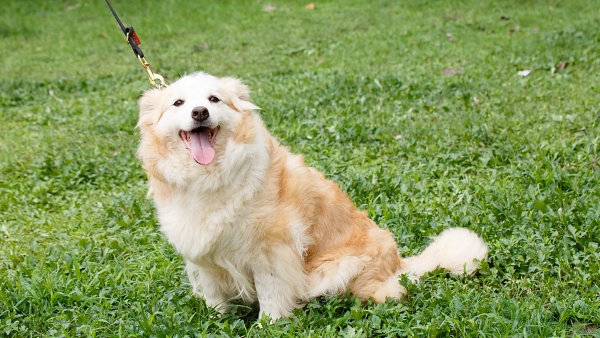
How Probiotics Support Dogs with Diarrhea
Diarrhea in dogs can be caused by infections, diet changes, stress, or antibiotics. Pet owners often wonder, will probiotics help my dog with diarrhea? The answer is usually yes—when the probiotic contains the right strains and is used correctly. You can refer to relieves diarrhea for more information. Here are the three main ways probiotics support your dog’s gut:
1. Blocking Harmful Bacteria
One of the most common causes of diarrhea is the overgrowth of harmful bacteria like E. coli or Salmonella. Probiotic strains such as Saccharomyces boulardii help by competing with these pathogens for space in the intestines. In clinical studies, dogs receiving probiotics for one week showed a 65% reduction in harmful bacteria in stool samples.
2. Strengthening the Intestinal Barrier
Another reason pet parents ask can probiotics help with diarrhea in dogs is because probiotics strengthen the gut lining. Probiotic metabolites, such as short-chain fatty acids, repair intestinal cells and reduce leaky gut. Dogs with chronic loose stools may also benefit from pairing probiotics with zinc supplements, under veterinary guidance, to speed up mucosal healing.
3. Regulating the Immune Response
Probiotics like Lactobacillus acidophilus stimulate immune cells to produce IgA antibodies, lowering the risk of diarrhea caused by food allergies or inflammation. This immune support is one reason many veterinarians say chewable probiotics for dogs can improve both digestion and long-term health.
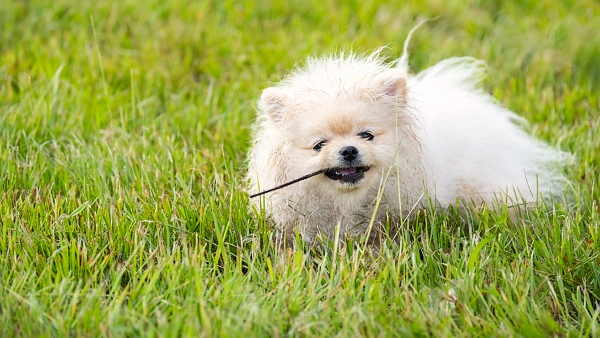
When to Use Probiotics for Dogs with Diarrhea
Not all diarrhea looks the same, so pet parents often ask: do probiotics help dogs with loose stools in every case? The short answer is no. The effectiveness depends on the cause of diarrhea. Below is a quick comparison of when probiotics are most helpful:
| Type of Diarrhea | Best Probiotic Strains | Timeframe for Results | Special Notes |
|---|---|---|---|
| Acute diet-related diarrhea | Saccharomyces boulardii + prebiotics | 3–5 days | Feed after a 4-hour fast, small meals |
| Antibiotic-associated diarrhea | Lactobacillus + Bifidobacterium | 5–7 days | Give probiotics 2 hours apart from antibiotics |
| Chronic colitis (over 2 weeks) | Multi-strain including Enterococcus faecium | 2–4 weeks | Rule out parasites first |
| Stress-induced diarrhea (boarding, moving) | Bifidobacterium infantis | 7–10 days | Pair with pheromone sprays for anxiety |

How to Choose the Right Dog Probiotic
Pet owners often feel overwhelmed by choices, wondering will a probiotic help my dog with diarrhea or just waste money. Here are five essential standards for choosing an effective supplement:
Strain specificity matters more than quantity Look for labels with exact strain numbers, such as Saccharomyces boulardii CNCM I-1079, instead of vague terms like “lactic acid blend.”
Check survival rates Choose brands with third-party testing showing at least 50% live bacteria after 30 days of opening.
Look for synergistic formulas Products with added prebiotics like FOS (fructooligosaccharides) triple the colonization efficiency of probiotics.
Pick the right format Powders require mixing with cool water, while chewy probiotic for dogs is easier for picky eaters.
Clinical backing is key Look for vet-recommended products or those supported by trials showing shorter diarrhea duration (e.g., 24 hours faster recovery).
When Probiotics Are Not Enough
While many pet owners ask can dog probiotics help with diarrhea in all cases, there are important exceptions. If your dog has bloody diarrhea, high fever, or symptoms of viral infections like parvovirus, probiotics alone are not appropriate. In these cases, seek veterinary care immediately.
To know if probiotics are working, observe these signs:
Stool changes from watery to soft, sausage-shaped consistency
Reduced diarrhea frequency (at least one fewer episode per day)
Improved appetite and energy within 3–5 days
For more insights, see our article on remedy for dog stomach upset.
Everything Our Vets Recommend
FAQ
Below are some of the most common questions pet parents ask when considering probiotics for their dog’s loose stools.
Q1: Can probiotics replace antibiotics for treating diarrhea?
A: No. Probiotics are supportive, not replacements. Bacterial infections may still require antibiotics, but probiotics reduce side effects and restore gut balance during treatment.
Q2: Should puppies and senior dogs take the same probiotic dosage?
A: No. Puppies under 6 months need half the adult dose. Senior dogs often need longer treatment (up to 14 days) to fully stabilize digestion.
Q3: Can I give my dog human probiotics?
A: It’s not recommended. Human probiotics may not survive in a dog’s digestive system, and some may contain ingredients toxic to dogs, like xylitol.
Final Thoughts
So, do probiotics for dogs help with diarrhea? The answer is yes—when chosen carefully and matched to your dog’s needs. They restore gut balance, block harmful bacteria, and boost immunity. However, serious cases still require veterinary care. By choosing the right probiotic strain, checking survival rates, and monitoring your dog’s stool, you can confidently use probiotics to support your pet’s digestive health. Don’t wait—start supporting your dog’s gut today with the right probiotic supplement.
You May Like:
- Best Probiotics Chews for Dogs to Support Gut and Immune Health
- Best Probiotics for Dogs with Diarrhea: How to Choose and Use Safely
- Why My Dog Has Diarrhea and Vomiting but Seems Fine?
- What to Do If Dog Has Diarrhea: Fast Home Remedies & Vet Advice
User Comments
Does flea treatment kill ear mites too?
Can dogs take human probiotics?
Can dogs have people probiotics safely?
Related Articles
View all
Do Probiotics for Dogs Help with Diarrhea? A Complete Pet Owner’s Guide

Home Remedy for Dog Upset Stomach – Safe and Effective Tips

Best Probiotics for Dogs with Diarrhea: How to Choose and Use Safely

Why My Dog Has Diarrhea and Vomiting but Seems Fine?

Do Probiotics for Dogs Help with Diarrhea? A Complete Pet Owner’s Guide

Home Remedy for Dog Upset Stomach – Safe and Effective Tips

Best Probiotics for Dogs with Diarrhea: How to Choose and Use Safely

Why My Dog Has Diarrhea and Vomiting but Seems Fine?


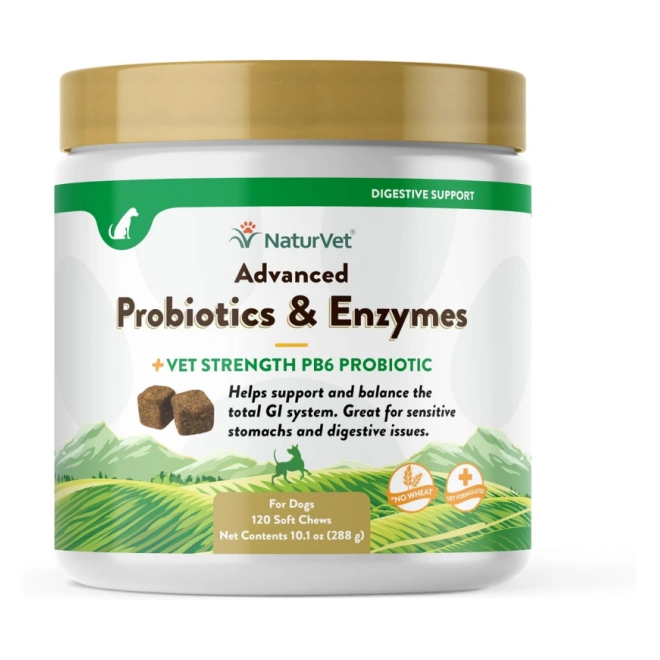
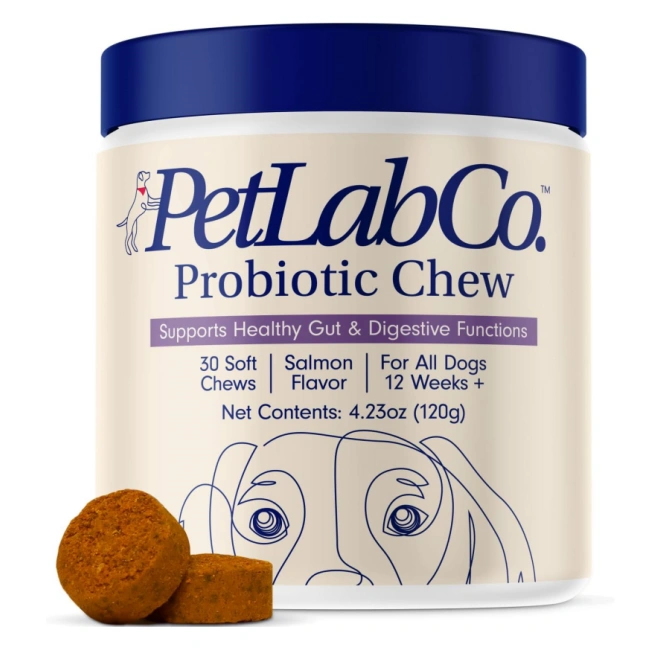
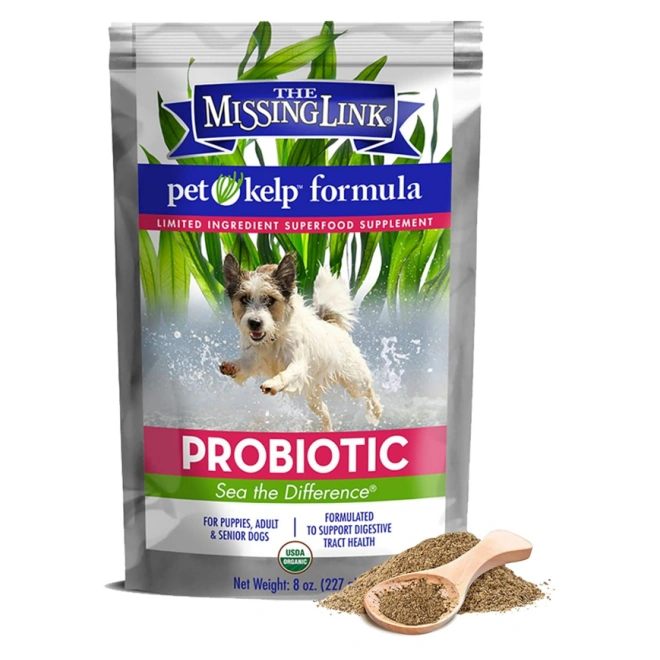
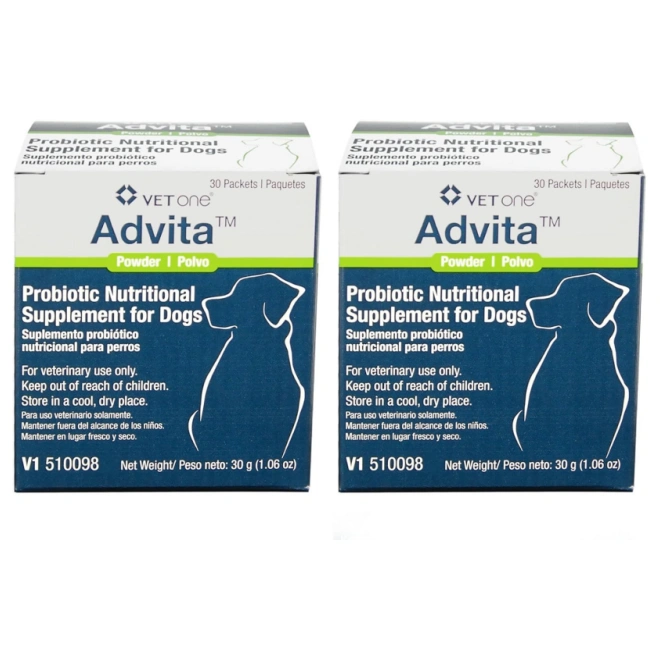








Leave a Reply